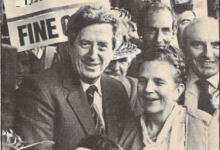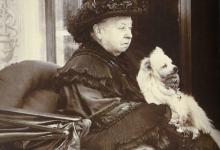My only problem with Brian was his politics
His handling of the banking crisis reflected the variety of politics he practised – not the type of person he was, writes Vincent Browne.
The problem with Brian Lenihan was his politics. No, not that he was a member of Fianna Fáil, but his politics. He was a fine fellow, generous, sociable, funny, clever, articulate, well-read, musical, courageous, committed to this society and us its people. But the politics...










